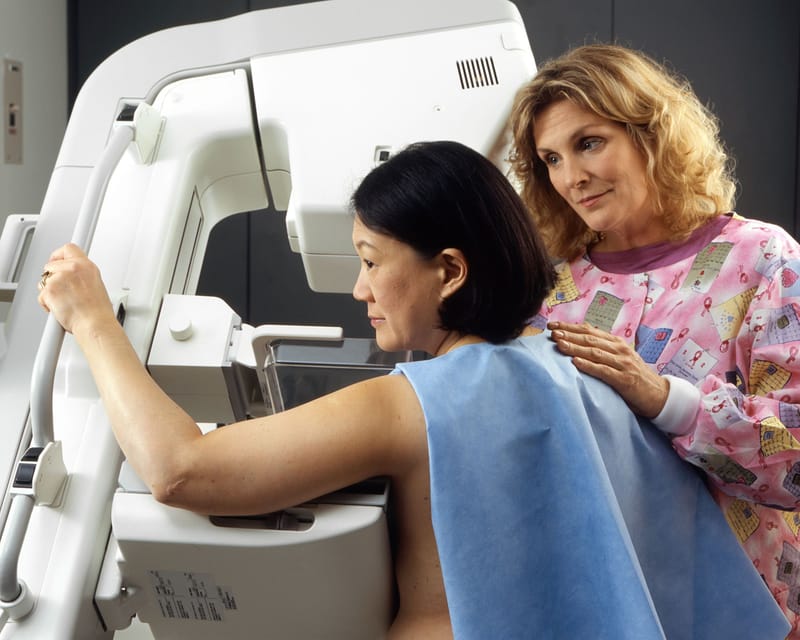Guidelines for cancer screening methods often omit information on their potential harm

December 18, 2022
33 cancer screening guidelines were investigated for the accurate presence of the information, including on the presence of the information related to the potential harm of each cancer screening method. This information is critical, in order for patients to have an informed decision.
Certain screenings can cause harm such as physical harm, stress, incorect results and sometimes can lead to the use of unnecessary procedures. Thus, the cancer screening is recommended only when the benefits outweight the risks, as mentioned by said Paul Doria-Rose, Ph.D., chief of NCI’s Healthcare Assessment Research Branch.
“If there's overwhelming evidence of a net benefit of a screening test, we don't want to scare somebody off” from getting screened, Dr. Doria-Rose said.
"Screening 10,000 women for breast cancer every year for 10 years starting at age 60 will prevent 43 deaths from breast cancer (Keating et al. JAMA. 2018)(88 women will still die from breast cancer despite getting screened). It will also result in nearly 5,000 false positives that lead to nearly 1,000 unnecessary biopsies."
Source: NIH / National Cancer Institute / , by Nadia Jaber (“Cancer Screening Guidelines Often Lack Information on Potential Harms, Study Finds was originally published by the National Cancer Institute.” )
Cancer Screening Guidelines Often Lack Information on Potential Harms, Study Finds